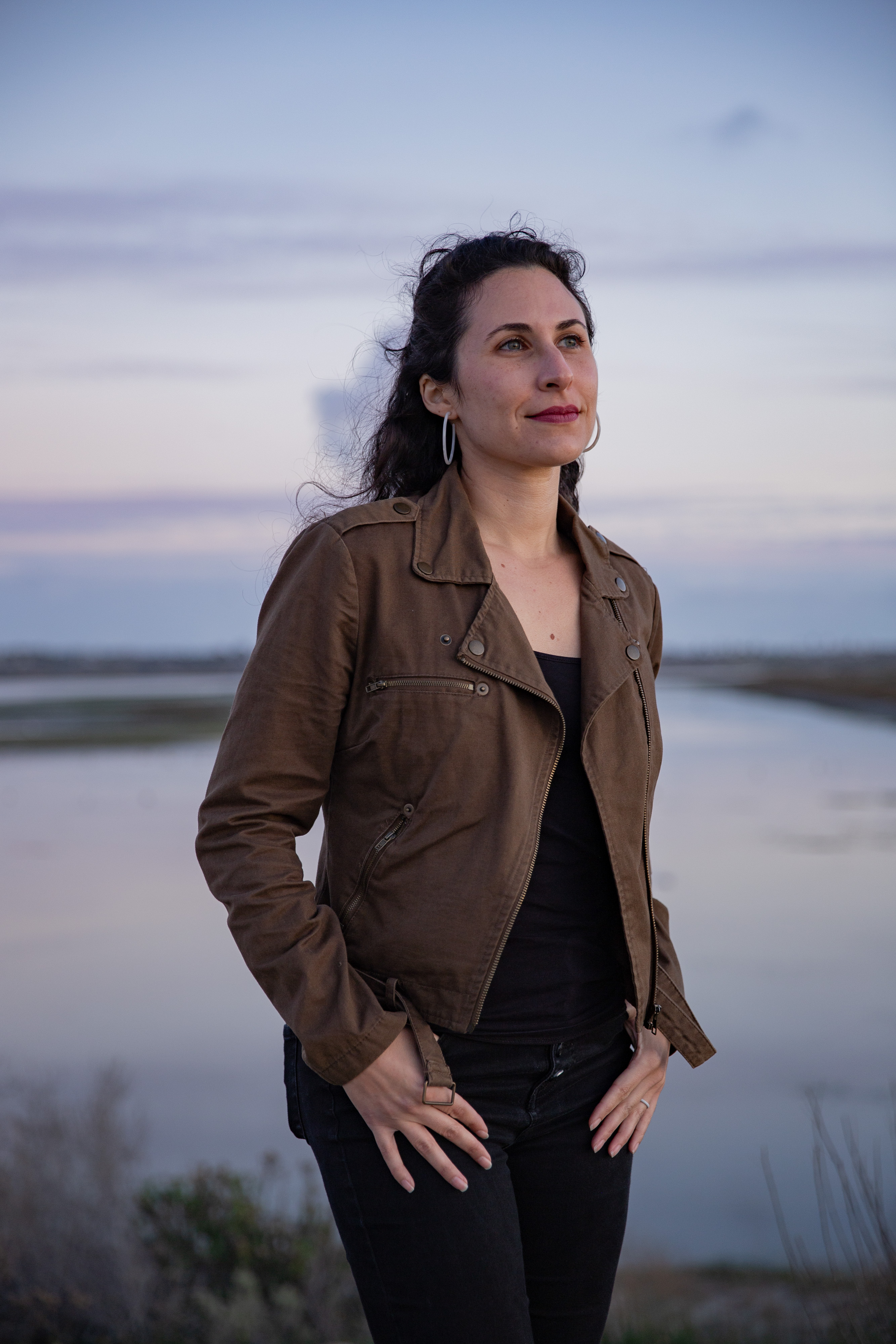
Crystal Diaz de Villegas: Building a Better Workplace
Through her work with the Women in Nature employee resource group, Crystal Diaz de Villegas is pushing TNC to become a leader in gender equity.
Spring 2023
Your job is to help The Nature Conservancy accomplish its conservation work, and for the last several years you’ve devoted a significant amount of time to WIN—or Women in Nature—an employee resource group at TNC. What does that group do?
I joined WIN five years ago as a co-lead because I was fired up to do something for women at TNC. Our mission is to advocate and create opportunities for all who identify as women to accelerate systemic change on gender equity and inspire all staff to make TNC an equitable and inclusive workplace at every level and in all geographies where we work.
We’re networkers, we’re advocates, and we’re reformers—that last part is my favorite. It’s thinking about how to push TNC to be a leader in gender equity rather than simply being legally compliant, and how to shift the system so that we’re creating a more even playing field. It’s a lot of pushing against standards that are hard to change.
Why does TNC need a group to help support women staff members specifically? How does it help TNC be more effective in conservation?
About 62% of TNC staff identify as women. And to me it’s fundamental—the better we treat our people, the more likely we are to achieve our mission and goals. So if women in conservation are not supported in their workplace, we’re not creating the conditions for them to succeed and be part of the solutions that we want to bring to bear.
How has WIN’s work changed over the years?
When we started a decade ago, it was about events and connecting people. Now we work to elevate the voices of women at TNC and our focus is on reforming and lobbying, which has led to policy changes.
Are there specific changes in TNC policy that you’re especially proud of?
While I was co-lead, we lobbied extensively to change parental leave, and had it expanded from two weeks to eight weeks. It was really exciting, but we still have a long way to go. We also worked with a dedicated group of staff and our HR team to expand medical travel benefits after the U.S. Supreme Court overturned the constitutional right to an abortion.
Why is it important that women are an equitable part of conservation as leaders, staff, donors, community members, etc.?
In many parts of the world, women’s primary source of livelihood is ecosystem dependent. If our staff, donors and leaders are male dominated, that dictates the kind of work we do, where we do it and how we do it. It might not always be obvious, but the outcomes speak for themselves. When women lead, research shows that the environment is better taken care of.
Over the last decade, we have made a lot of progress. We have more women in leadership roles, and there is finally gender equity among our executive leadership team. What’s next? Focusing on recruiting and retaining women with intersectional identities: We need to do a better job of making TNC and the conservation movement more attractive and welcoming to Black women, Indigenous women and women of color, especially in the United States where the history of the movement has been very white-male dominated.
What would you say are your hopes for the organization?
We wouldn’t be TNC if we didn’t see an opportunity to do better. I would love to see more transparency around salary, hiring, promotions and retention; formal mentorship and sponsorship programs; and trusted channels and policies to protect people who have endured harassment or discrimination. These are just a few examples.
Ultimately, my hope is that we can go from taking small steps forward to getting comfortable with big leaps. We should ask: How do we set the standard for equity and fully support women in our workplace?